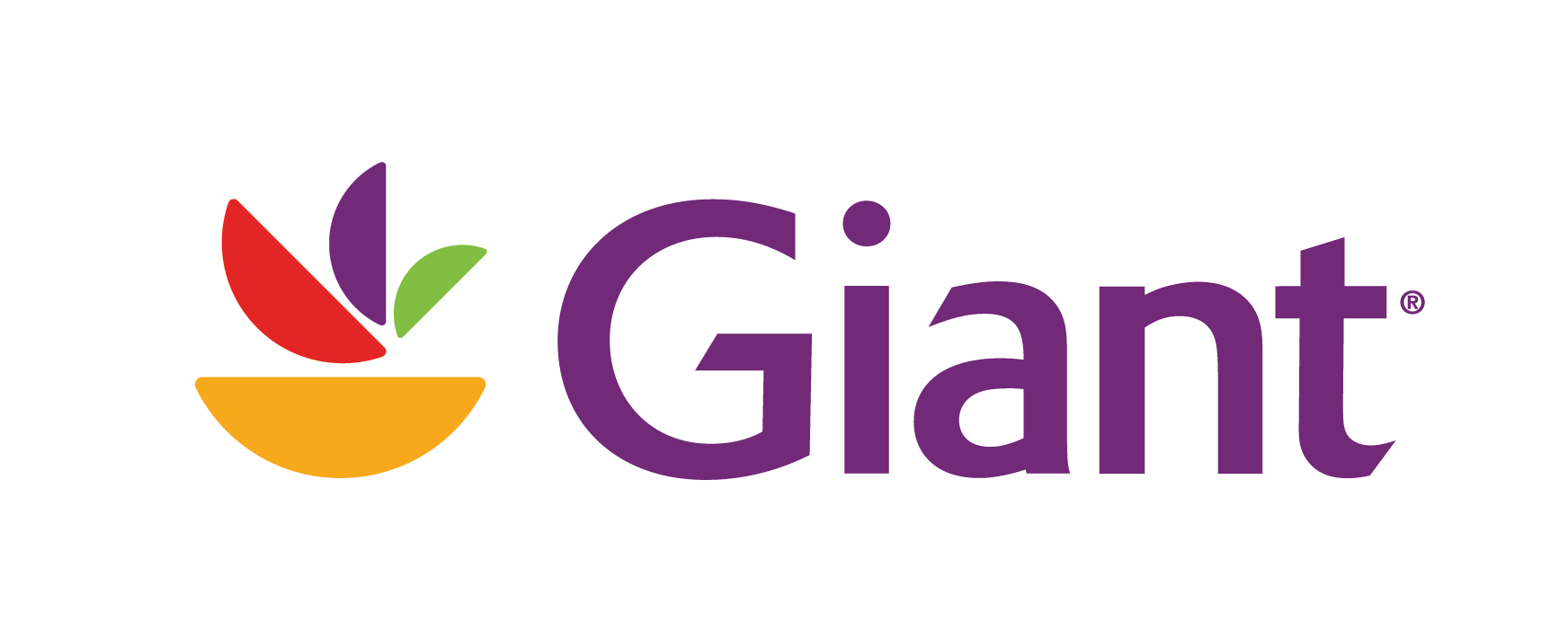
Pharmacy Preceptors Play Key Role in Educating Future Pharmacists

Penelope Murphy discusses the role that preceptors play in mentoring students and new pharmacists to help bridge the gap between classroom learning and real-world practice.
Penelope Murphy, BPharm, pharmacists at Giant Foods, discusses the key role of pharmacy preceptors in mentoring future pharmacists. She highlights how preceptors help students adapt to the changing scope of pharmacy practice by exposing them to new clinical services while also providing experience in traditional areas. She also emphasizes that effective communication and professionalism are especially important skills for preceptors to impart.
Q: Why is it important for practicing pharmacists to serve as preceptors to the future generation of pharmacists?
Penelope Murphy: Preceptors bridge the gap between the clinical knowledge that a student learns from studying their pharmacy school curriculum to the clinical practice with patients in the real world. Preceptors prepare students to begin their careers with adequate clinical experience.
Q: In your opinion, what skills and knowledge are most important to pass onto the future generation of pharmacists?
Penelope Murphy: The skills and knowledge that are most important to pass along to the future generation of pharmacists are those of effective communication and professionalism, both with interacting with patients and other health care professionals. The fact of communication is important to provide quality patient care and to build trust and loyalty with patients.
Q: How can pharmacists help the new wave of pharmacists adapt to the changing landscape of pharmacy practice?
Penelope Murphy: Preceptors can help new pharmacists adapt to this changing landscape of pharmacy practice by exposing them to new developments in their scope of practice, while also giving them experience with the traditional elements of their practice, for example, in community pharmacy sharing knowledge about new clinical services, such as immunizations, point of care testing and [medication therapy management] while also training the student on the daily pharmacy operation, such as pharmacy workflow, customer service, patient counseling and inventory management.
Q: How can new pharmacists learning from a practicing pharmacist help to optimize communication for patients and create better patient care?
Penelope Murphy: Practicing pharmacists can mentor new pharmacists to optimize this communication by being role models for them and their interactions with patients. For instance, speaking clearly and slowly and with empathy for a patient's condition are appropriate communication. In addition, speaking on a patient's level of understanding and being aware of cultural differences, language barriers, and physical or cognitive disabilities requires adaptation in your communication to provide effective patient care.
Q: What are some of the best ways that pharmacists can help to mentor the next generation of pharmacists?
Penelope Murphy: Some of the best ways the preceptors can help to mentor or by helping them to build confidence in their clinical skills to become a competent practicing pharmacist. A preceptor can accomplish this goal by giving students experience and all aspects of the pharmacy operation so that there is no unchartered territory for them to learn about once they begin their career.
Q: Are there any tools and training that pharmacists can use in order to become better mentors for newer pharmacists?
Penelope Murphy: Yes, much of the tools and training that preceptors can use to become better mentors are provided by employers already. Annual trainings such as HIPAA, fraud, waste, and abuse, and all of the DEI trainings that are provided. Give us a lot of tools to provide quality patient care. Hands on training for the clinical services is really important also, such as the immunizations, point of care testing, and [MTM]. MTM is probably one of the best avenues for a preceptor to work with a student to build their clinical skills. Performing [comprehensive medication reviews] gives us student one on one contact with a patient and gives them much of this needed experience.
Q: Is there anything else you would like to add?
Penelope Murphy: Just the precept being a preceptor is a fulfilling experience. It is satisfying to realize that giving time and sharing experience with students as a preceptor provides career development for the future generation of our pharmacists.
Newsletter
Stay informed on drug updates, treatment guidelines, and pharmacy practice trends—subscribe to Pharmacy Times for weekly clinical insights.


























